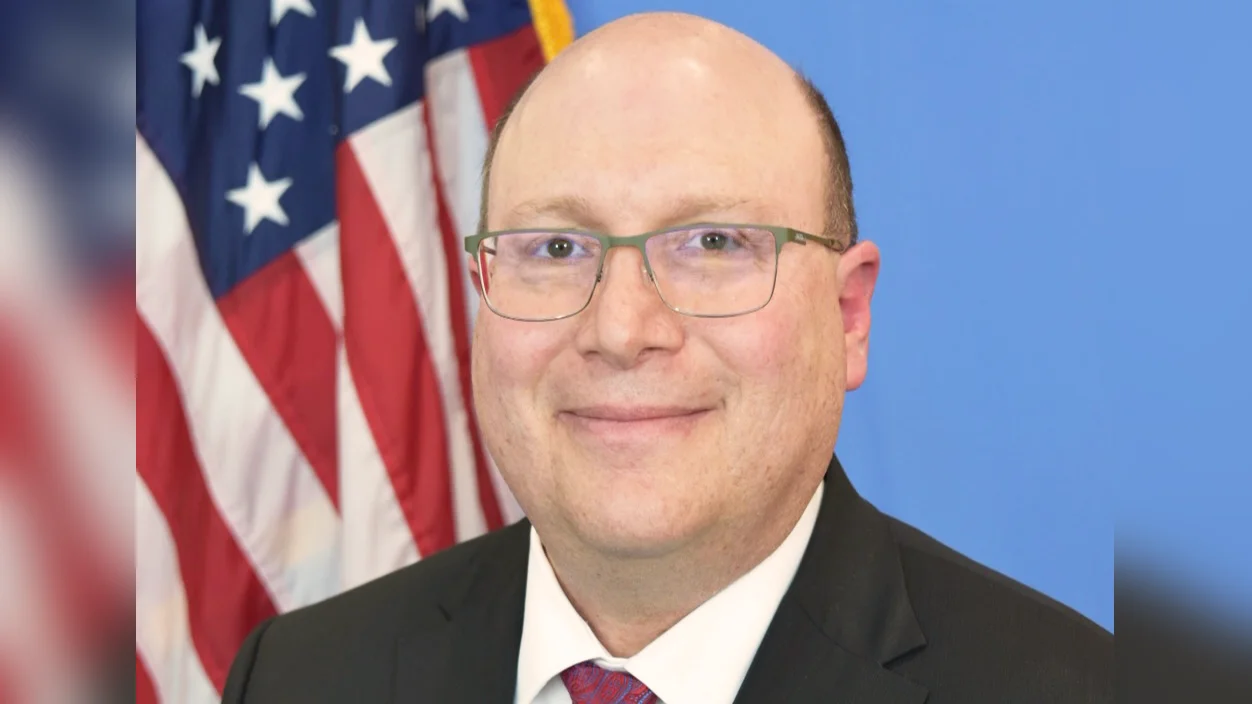The United States has addressed the International Atomic Energy Agency (IAEA) Board of Governors regarding Iran’s nuclear program, expressing concern over Iran’s lack of cooperation with international inspectors. Speaking in Vienna on September 10, 2025, Chargé d’Affaires Howard Solomon thanked the IAEA Director General for his recent report and acknowledged the work of the agency in carrying out its verification duties.
According to Solomon, “The Director General’s report shows – clearly and unequivocally – that Iran is not implementing its nuclear commitments under the Joint Comprehensive Plan of Action and is not allowing the IAEA to conduct verification and monitoring activities. As the Director General’s report states, Iran stopped implementing its nuclear commitments altogether back in 2021, including the provisional application of the Additional Protocol. Similarly, Iran is no longer allowing the IAEA to conduct any verification and monitoring activities related to the JCPOA, and the Agency has lost continuity of knowledge with respect to Iran’s stockpile of highly enriched uranium.”
Solomon described this situation as unacceptable and called for full Iranian cooperation with IAEA inspections. He noted an announcement from the IAEA Director General that an agreement had been reached with Iran on resuming safeguards and verification activities. He also recognized Egypt's role in facilitating these discussions.
“We want to add our voice to those thanking Egypt for its role in facilitating this meeting. We wish to underscore that immediate and concrete action by Iran is both essential and urgent,” Solomon said.
He stated that the United States remains willing to negotiate a deal ensuring Iran does not obtain a nuclear weapon: “The United States is prepared to negotiate in good faith to reach a deal that allows us to say with confidence what President Trump has said time and again: Iran will never acquire a nuclear weapon. To this end, Iran can choose to build confidence in its stated intentions and demonstrate it is open to genuine diplomacy, including by providing full and immediate cooperation with the IAEA.”
Solomon emphasized that ongoing detailed reporting from the IAEA about Iran's nuclear activities should continue for transparency: “As we look ahead, it is essential the Agency keep the Board and the Security Council informed by continuing to report in detail on the status of Iran’s nuclear program and activities. With these comments, the United States takes note of the Director General’s report in document GOV/2025/25 and requests it be made public.”
Responding to comments from Russia during the same session, Solomon dismissed Moscow's proposal as unhelpful: “Let me now respond to the Russian Ambassador’s statement this morning here in the Board room. Russia’s proposal is not serious and is only meant to distract the Board from what should be its main focus: underscoring the importance of Iran fully cooperating with the IAEA and fully implementing its safeguards agreement.”
He added that diplomatic discussions on issues such as snapback sanctions are already happening at higher government levels—including at foreign minister meetings—and creating another channel would complicate matters further.
“The United States has repeatedly stated our interest in pursuing diplomacy with Iran regarding its nuclear programs. It is Iran that is refusing to engage with us. If Russia wants to be helpful, it should encourage Tehran to engage us directly – not attempt to act as an unnecessary intermediary,” Solomon concluded.

